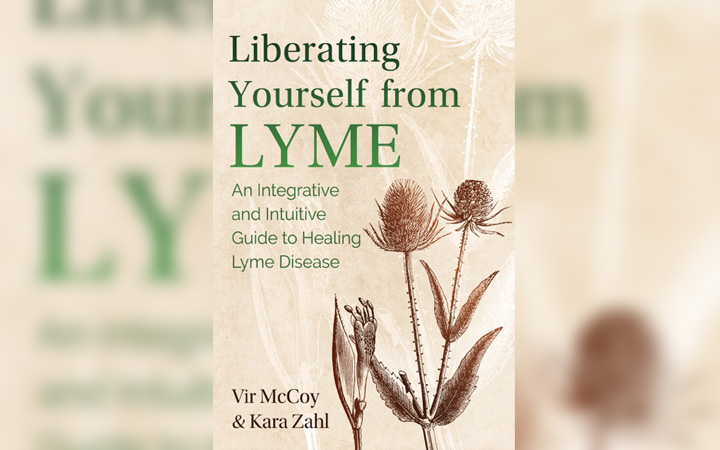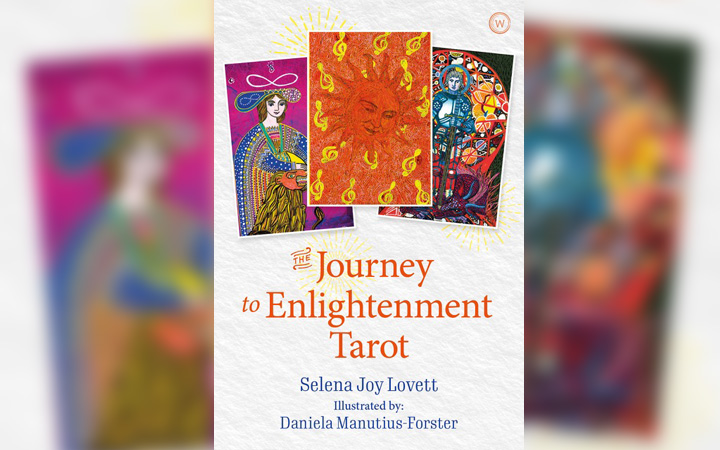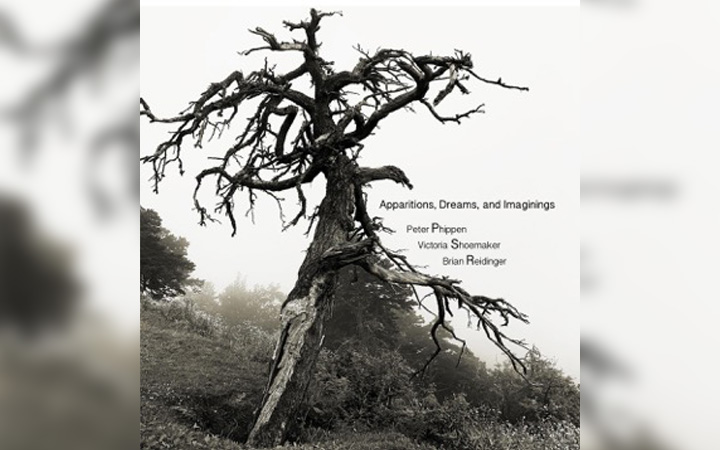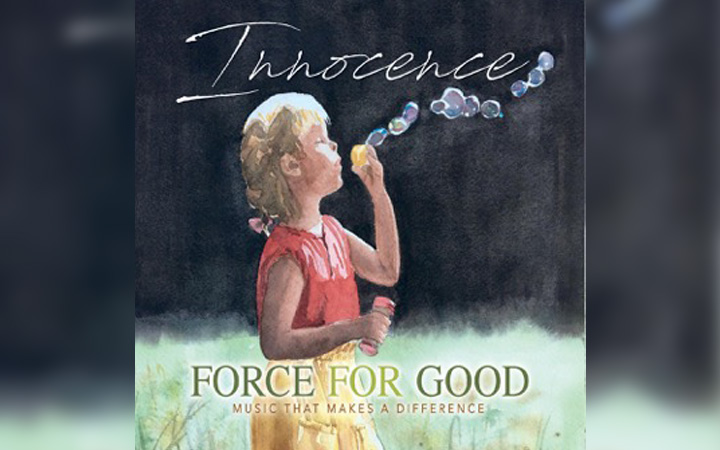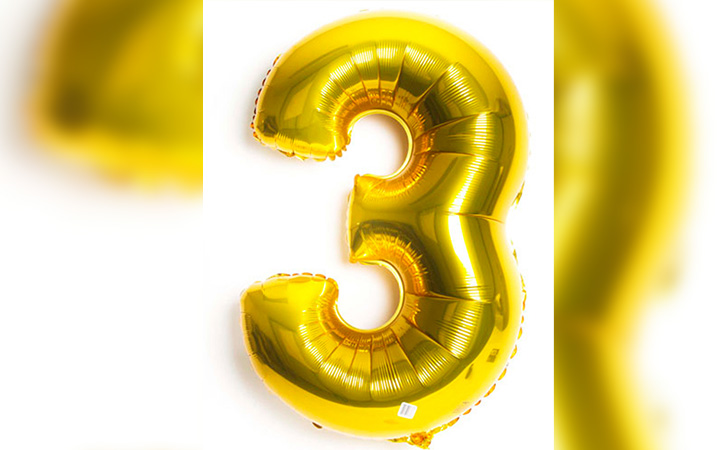Making America Sacred Again
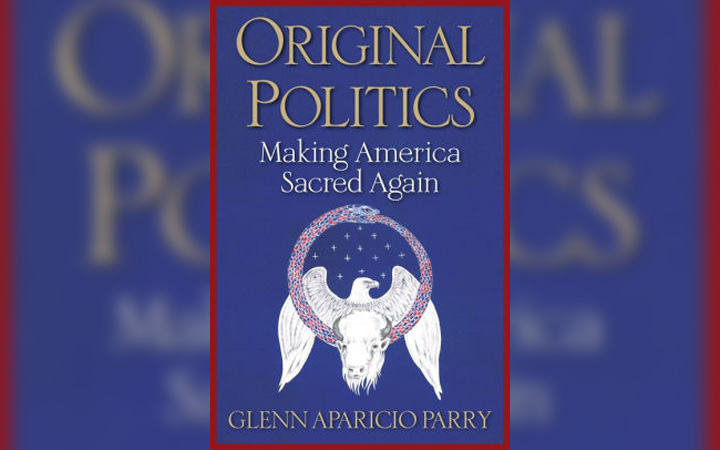
I have said that politics can help make America sacred again, but what does it mean to be sacred? The word sacred comes from the Latin sacare, which means “to devote” or “dedicate.” When we do things in a sacred way, we invoke connection and relationship to others. i We invoke the whole. Making things sacred is literally a desire to make holy, for the modern English “holy” is related to wholeness and health. The word holy is derived from the Old English halig, the old Saxon helag, and the German heilig (all meaning whole), and also the Old English hal and German heil (for health).
The original politics of a sacred America, therefore, is meant to consecrate our actions in service of a greater good beyond the personal. It is a path of service dedicated to others—an open-hearted intention of acting with awareness of our integral connection to the whole. For the mystic, sacredness is an immediate awareness of our ever-present oneness with God or the Creator. But an experience of oneness—what I am calling unitive consciousness—is not relegated to mystics. It can be experienced as an inspiration, epiphany, or revelation in which Nature reveals herself to and through the human. As such, it can arise in anyone.
While this form of revelation of knowledge from nature be-came equated in the West with the miraculous, akin to Moses receiving his instructions from the burning bush, it was nor-mal for Native Americans to perceive their thoughts as com-ing directly from the land. For Natives, all of nature spoke. It was not considered unusual to receive messages from ani-mals, plants, or even a rock.
The original politics of Native America was therefore never a closed system. It did not set human affairs apart from nature or view humans as superior and transcendent from other creatures. It was a conscious attempt to harmoniously align human affairs with these larger forces. At its best, it was a politics of the heart that sought to sync the human heartbeat with the heartbeat of nature—a form of sacramental recipro-cation or communion with the Great Mystery.
To a significant degree, Native Americans today still ap-proach politics in a similar manner. This is not to say that Native peoples ever fully embodied what I am referring to as sacred or original politics. Tribes have had their own share of disharmony, their traditional enemies, wars, and so forth. At the same time, Native American world views have long in-cluded a concept of human action as nested in the natural world to a much greater degree than the European worldview, and this continues today. Native peoples of North America, then and now, have held closer to a unitive consciousness—an awareness of their place in the oneness of The Great Mystery—than have Euro-American peoples.
The story I am about to tell is one of the partnership between Native Americans and the European settlers that originally formed—and still informs—this nation called the United States. But the original partnership that gave rise to America was not between Native American and European. It was be-tween the land and its original peoples. This sacred relation-ship of human and place—between human and humus (the living soil)—was developed long before the arrival of Euro-peans. Native Americans believed their original instructions came from their place of origin. It was out of this sacred rela-tionship between land and the people that the conception of what it meant to be human was formed. It is the land herself who holds the memory of all that has happened here, and it is the land herself that holds the potential to give rise to a Turtle Island* Renaissance one day. That resurgence, like the European Renaissance before it, will look backward to go forward.

 bout the Author
bout the Author
